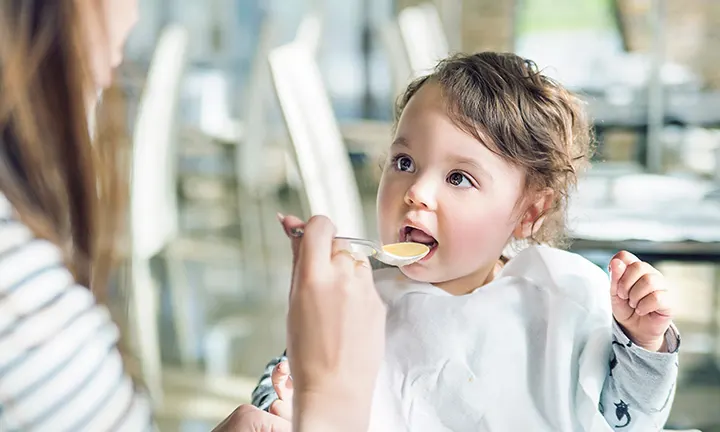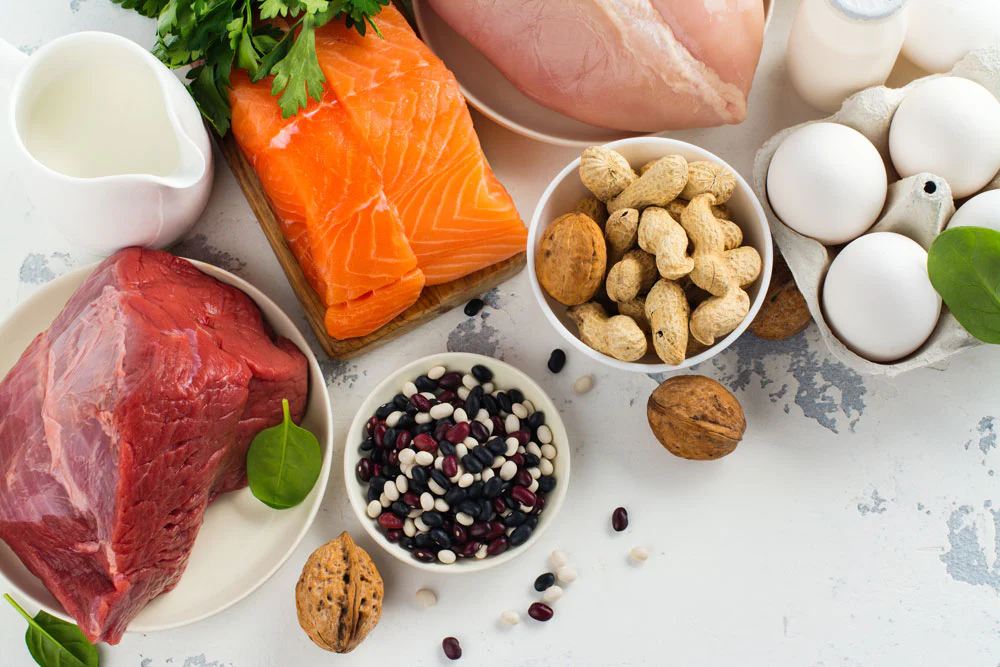Introduction: Honey: It’s sweet, natural, and makes your tea taste like heaven. But for babies under one, it’s a no-go. While it’s a staple in most adults’ kitchens, honey can actually pose serious risks to infants, including a dangerous condition called infant botulism.
So, why can’t babies have honey, and when is it safe to introduce this sweet treat into their diet? Let’s break it down, and trust me, it’s better to be safe than sorry when it comes to your baby’s health.
Why Babies Can’t Have Honey (Even If You Really Want Them to Try It)
Honey can contain Clostridium botulinum spores—tiny troublemakers that are harmless to adults but can wreak havoc on a baby’s developing digestive system. These spores produce a toxin that can lead to infant botulism, a rare but serious condition that causes symptoms like:
Constipation
Difficulty sucking or swallowing
Droopy eyelids
Weak or “floppy” muscles
Trouble breathing
A weakened cry
While botulism is rare (only about 110 cases are reported annually in the U.S.), the potential risks are severe, and it can be life-threatening.
If your baby eats honey and starts showing these symptoms, act fast—contact your doctor, or head to the ER if it’s urgent.
What About Cooked Honey? Can You Bake With It?
If you love baking with honey, you may wonder if the heat kills off any harmful spores, making it safe for babies. Unfortunately, the answer is no.
Even after baking, honey can still pose a risk. Clostridium botulinum spores are surprisingly heat-resistant, so honey—even in baked goods—should still be avoided for babies under one. This is one situation where it’s better to err on the side of caution.
When is It Safe to Introduce Honey to Your Baby?
Once your little one turns one, it’s generally safe to introduce them to honey. The key window for infant botulism is between 0-6 months, so waiting until 12 months allows your baby’s digestive system to mature and handle the spores.
That said, honey isn’t exactly a nutritional necessity for babies—and some experts recommend waiting even longer before offering sweeteners. The American Academy of Pediatrics advises against introducing added sugar (including honey) before age 2, due to concerns over weight gain and tooth decay.
Why You Don’t Need to Rush for Honey
While honey might be a cute addition to your baby’s diet later on, it’s not something they need right away. In fact, babies can get all the sweetness they need from naturally sweet foods like fruits—apples, bananas, and peaches are all great choices that can help satisfy that sugar craving.
Remember, baby’s first year is all about learning new tastes, and added sugar (honey included) isn’t one of them. So don’t feel pressured to offer honey early. You can always wait for their first birthday to keep things safe.
Tips for Introducing Honey Once They’re Ready
Once your baby is old enough (12 months or older), here’s how you can safely introduce honey:
Mix it into yogurt for a tasty treat.
Drizzle it over toast or cereal as a naturally sweetener.
Use it as a dip for fruits like apple slices.
Add a spoonful to oatmeal for a touch of sweetness.
Top pancakes or waffles with a drizzle of honey.
Though honey can offer some antioxidants and anti-inflammatory properties, it’s still sugar. So use it sparingly—and keep the serving sizes small.
Final Thoughts: Keep Honey Out of Your Baby’s Diet Until 1 Year
It might be tempting to add honey to your baby’s diet early, but it’s best to wait until they’re at least 12 months old to keep things safe. After their first birthday, you can enjoy introducing honey as an occasional treat, but it’s still not essential.
Your baby doesn’t need honey to thrive. Stick to natural, whole foods for those first 12 months, and save the sweet stuff for later!
Call to Action: Got questions about what foods are best for your baby? Leave a comment or consult your pediatrician for guidance on introducing new foods into their diet! And don’t forget—healthy habits start early!




